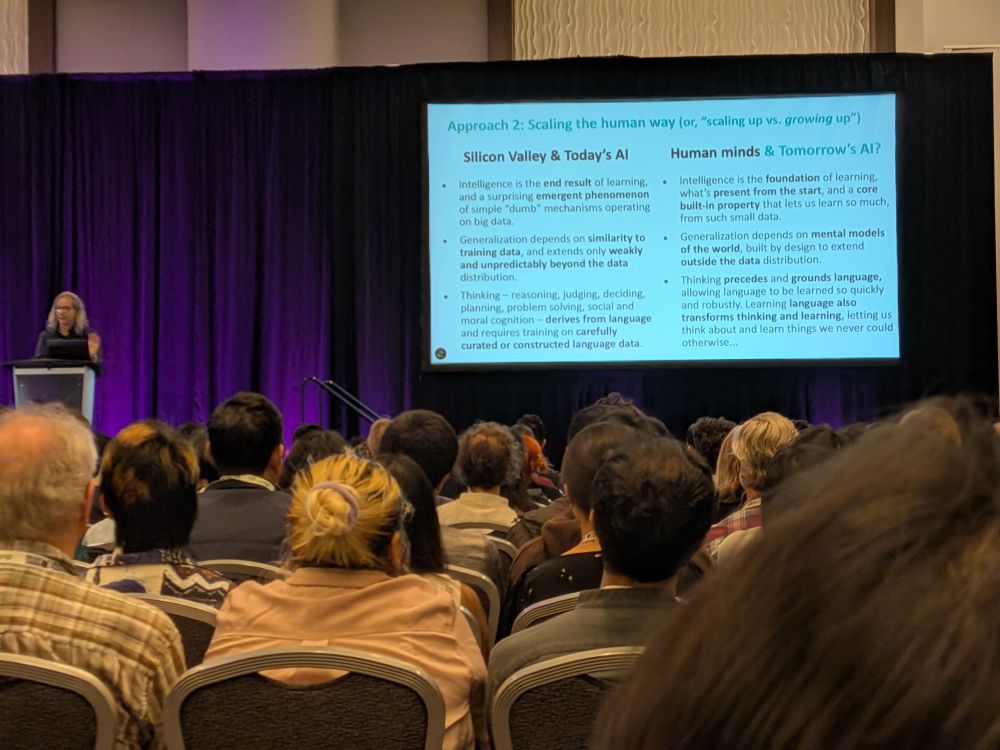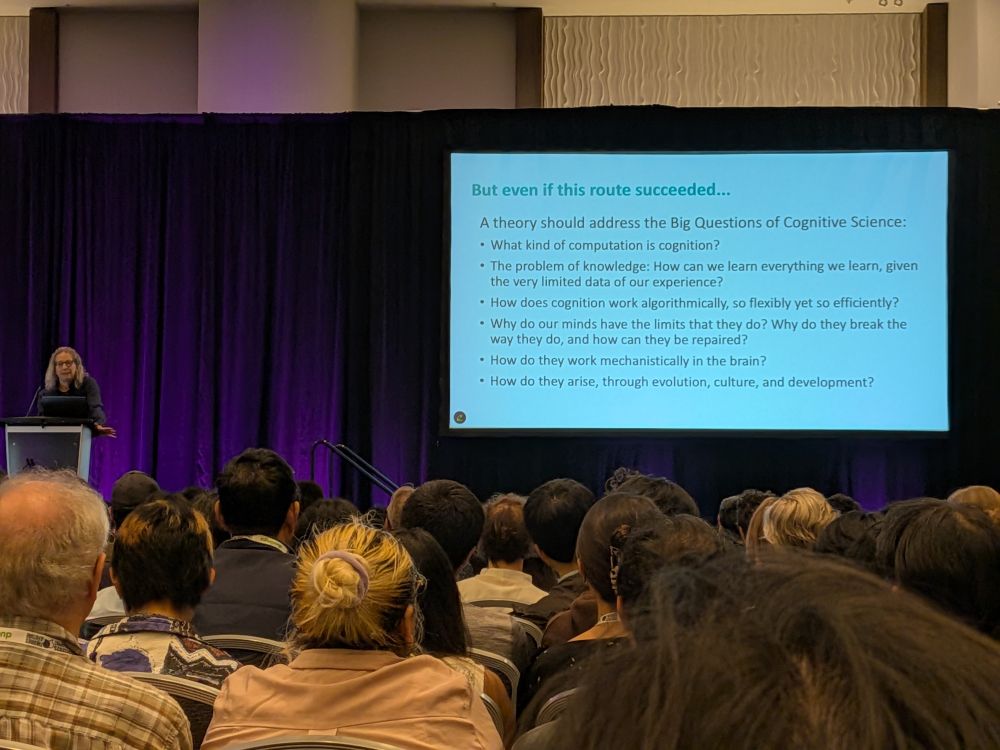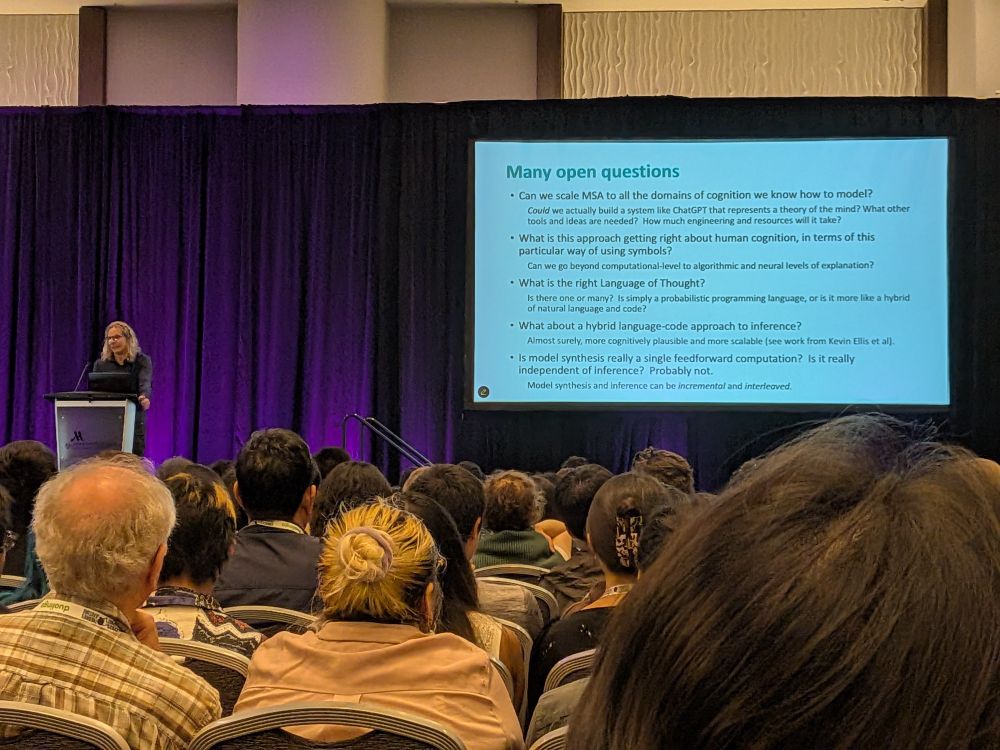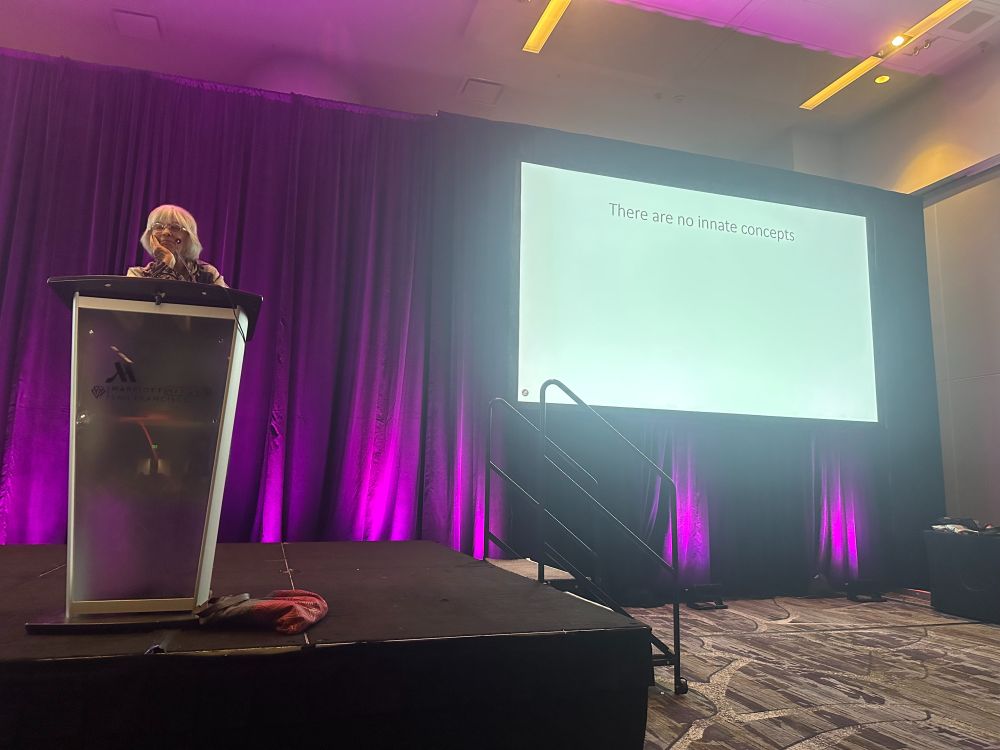Hokin
@hokin.bsky.social
38 followers
66 following
53 posts
Philosopher, Scientist, Engineer
https://hokindeng.github.io/
Posts
Media
Videos
Starter Packs
Hokin
@hokin.bsky.social
· Sep 8
Hokin
@hokin.bsky.social
· Aug 20
Reposted by Hokin
Reposted by Hokin
Reposted by Hokin
Hokin
@hokin.bsky.social
· Jul 22
Hokin
@hokin.bsky.social
· Jun 30
Hokin
@hokin.bsky.social
· Jun 30
Hokin
@hokin.bsky.social
· Jun 30
Hokin
@hokin.bsky.social
· Jun 14
Hokin
@hokin.bsky.social
· Jun 13
Reposted by Hokin
Hokin
@hokin.bsky.social
· Jun 11



















